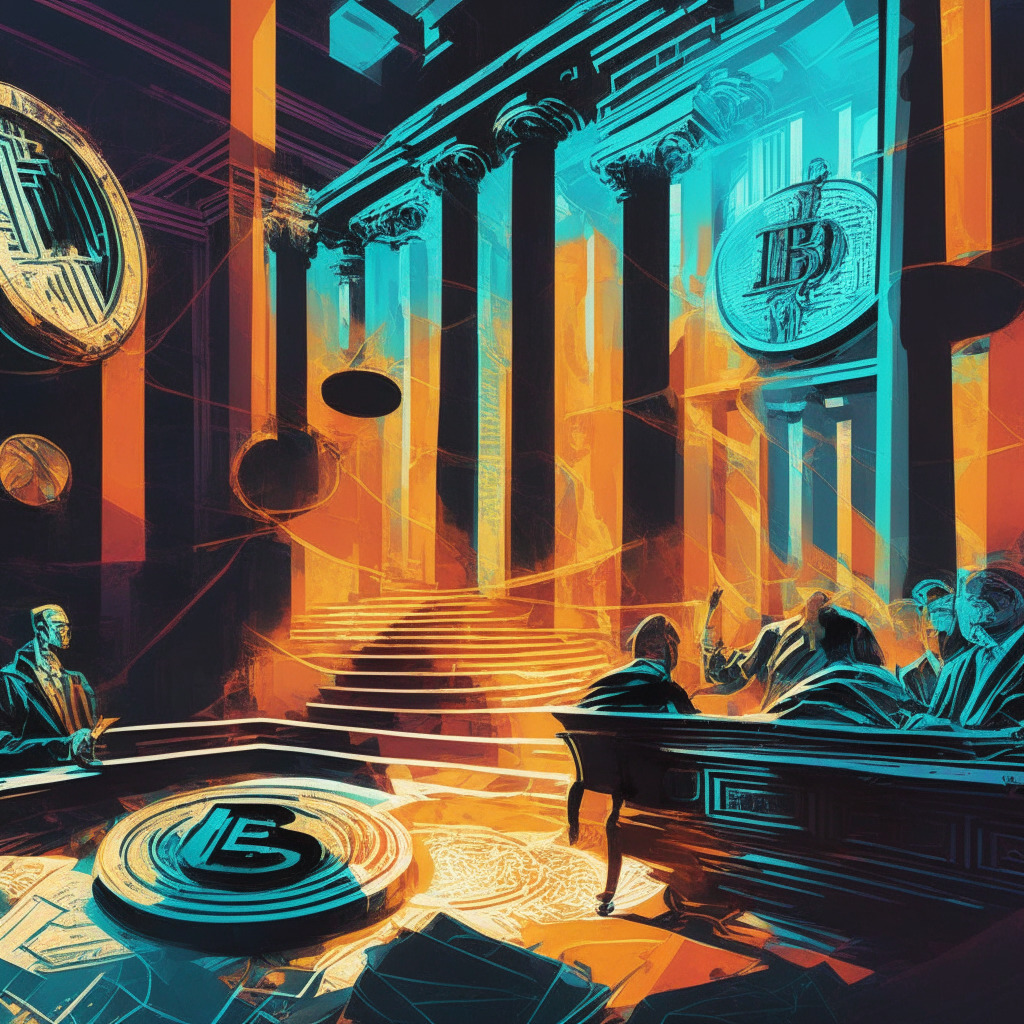In a recent letter to the chair of the Council of Economic Advisers (CEA), United States Congressmen Warren Davidson and Mike Flood voiced their concerns over the agency’s apparent hostility towards the digital asset ecosystem. The CEA prepared a chapter for the Economic Report of the President titled “The Reality of Crypto Assets” that argued digital assets have not delivered any of the promised benefits. This stance appears to contradict the president’s “Executive Order on Ensuring Responsible Development of Digital Assets.”
Congressmen Davidson and Flood are working to establish a regulatory framework for digital assets that allows for innovation within the United States while also implementing essential protections. They argue that the CEA’s harsh stance may displace digital asset innovation to other countries, taking capital and economic growth with it. On one hand, the potential for a stifled ecosystem is concerning. Still, on the other hand, opponents argue that such protections may help maintain financial stability.
The letter raises several questions from the digital asset supporters. For example, they inquire about the difficulties businesses may face in complying with laws when there are conflicts. The lawmakers also question why the CEA does not acknowledge the need for further legislative measures from Congress rather than merely relying on existing regulations. Specifically, they ask, “Is it the CEA’s view that legislation from Congress will not mitigate potential risks and provide consumers with more protections than exist today?”
Additionally, the congressmen question the CEA’s claim that the FedNow instant payment system and central bank digital currency could be more effective and simpler than digital assets in upgrading the financial system. This statement seems to undermine the potential benefits that digital assets may bring to the table.
In summary, the CEA’s recent remarks on digital assets in the Economic Report of the President have set off a stir among crypto enthusiasts and legislators alike. The questions raised in the congressional letter point to a potential conflict between promoting innovation and maintaining the status quo to protect consumers and financial stability. While the debate remains ongoing, it highlights the importance of bridging the gap between existing financial systems and novel digital asset innovations. The ultimate outcome may very well shape the future of the digital asset ecosystem and the role it plays within the United States economy.
Source: Cointelegraph




